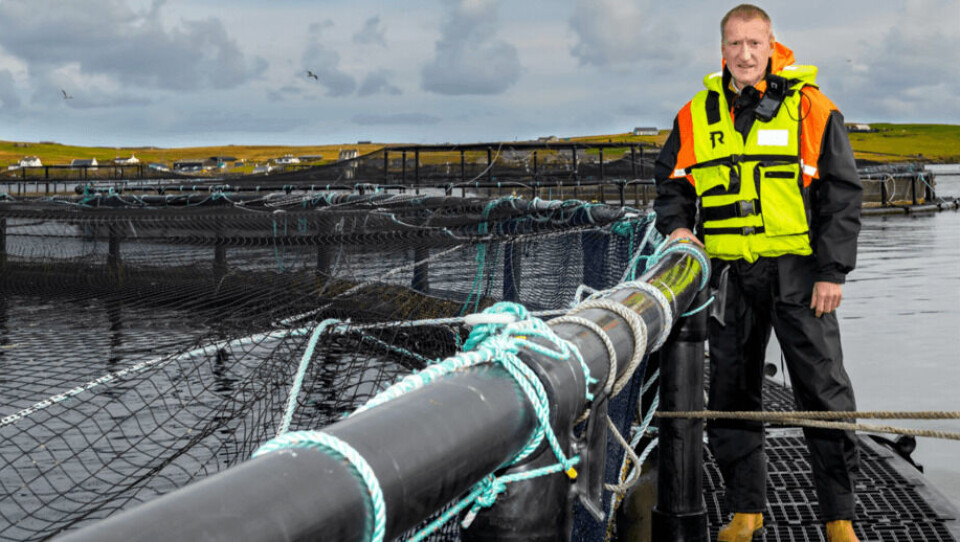
Looking back, thinking ahead: Tavish Scott
Fish Farming Expert has asked individuals connected to the salmon farming industry about their year, and what they hope for in 2021.We continue the series today with Tavish Scott, chief executive of the Scottish Salmon Producers’ Organisation.
The Covid-19 pandemic has made 2020 a difficult year for many businesses and organisations. How has it affected yours?
The challenges of Covid-19 have affected every walk of life and fish farming is no different. On the upside, people have cooked at home to a far greater extent than before. This has fuelled demand for protein and as a healthy and nutritious choice, salmon has met that market need. But the economic downturn has all but ended hospitality across the UK during 2020. People eating out and going to events of all kinds just hasn’t happened in 2020. The impact on demand has been obvious.
So, Scotland’s salmon farming companies have adapted to Covid and as the sector’s trade body, SSPO have helped in a variety of ways. We have worked with [environment regulator] SEPA for flexibility in biomass on farms and worked with the Scottish Government on the wider needs of our companies as a vital component of domestic food production. That has included ensuring that safety precautions have been implemented on farms and in processing factories. As part of this work, we have liaised with Government to ensure Key Worker status for company personnel, which assisted with childcare places and helped explain to concerned neighbours, why they were travelling to work. Before March, no one could imagine having to do these kind of things.
What other factors have had a bearing on your work?
At a practical level, the SSPO has followed government advice, with our SSPO team working from home. SSPO board meetings have been virtual events, and the crisis has brought our members closer together with ever-closer working relationships across our members, Government and partner organisations.
The ever-changing landscape has meant SSPO have been nimble in assisting our members farms and factories to keep operating and keep the supply of healthy food moving into UK supermarkets.
By far the most significant long-term economic impact on our sector is not Covid-19, which will surely be overcome by the wonderful news on vaccine development, but by Brexit. Leaving the EU is of enormous economic significance given the importance of the European marketplace to salmon exports as our sector is the UK’s No 1 export industry. So the strategic challenge in 2020 is to ensure that a trade arrangement with the EU is in place for our members exporting to Europe.
What was the most significant event of 2020 for your organisation?
The SSPO and our entire sector has published a long term Sustainability Charter – the result of over a year’s worth of consulting groups, people and our stakeholders. The Charter recognises that everything we do has an environmental impact while we depend on the seas to grow healthy fish. So, our ambitious, progressive goals which build on the 50 years of salmon farming development address this head on. Our Charter is about the role our people will play in the forward thinking and challenges ahead to ensure that the future for Scottish salmon farming is sustainable across the five key pledges we make – fish health, environment, healthy food, communities and people.
What would you like to see happen in 2021 to help the Scottish fish farming industry thrive?
Scotland and the wider world deserves to see the back of Covid-19. We need a recovering world economy, a trading arrangement with the European Union and the return of confidence and optimism in business. The world will come together in Glasgow next November – COP26 - to discuss climate change. Fish farming is and will be part of that debate as we set out the role the blue economy will play in the coming years.
Our members want a continuation of the positive and fruitful relationship we have with the Scottish Government, and for the SSPO, a deepening and broader relationship not just with our member companies but the entire Scottish supply chain covering 3,600 companies the length and breadth of Scotland.























































